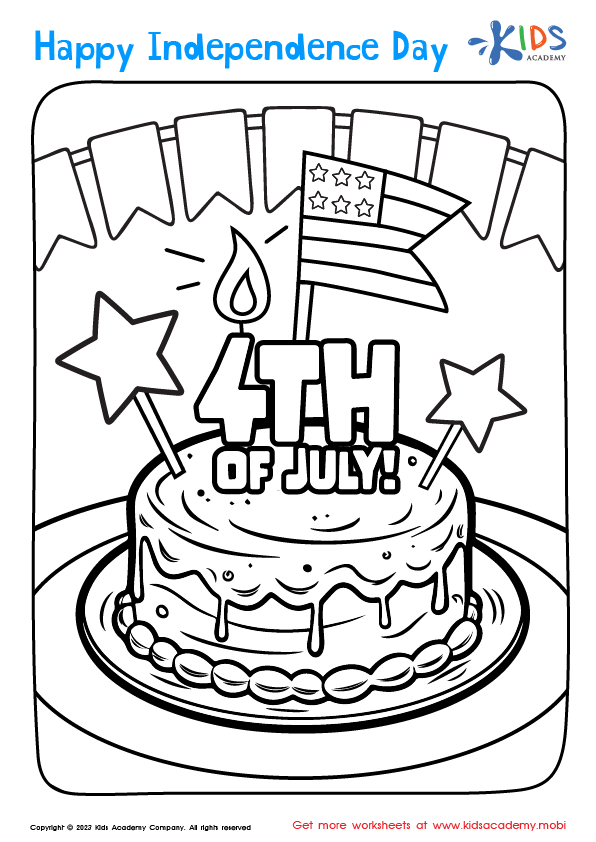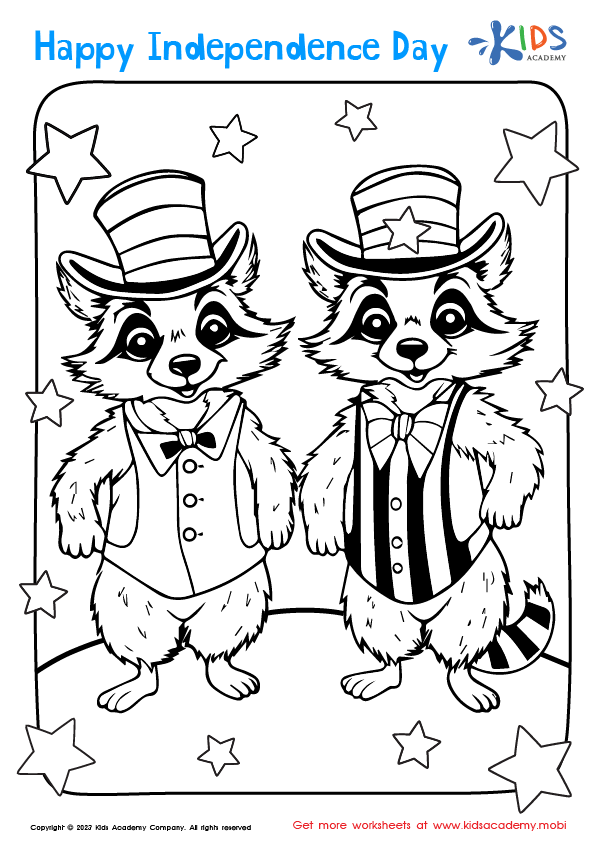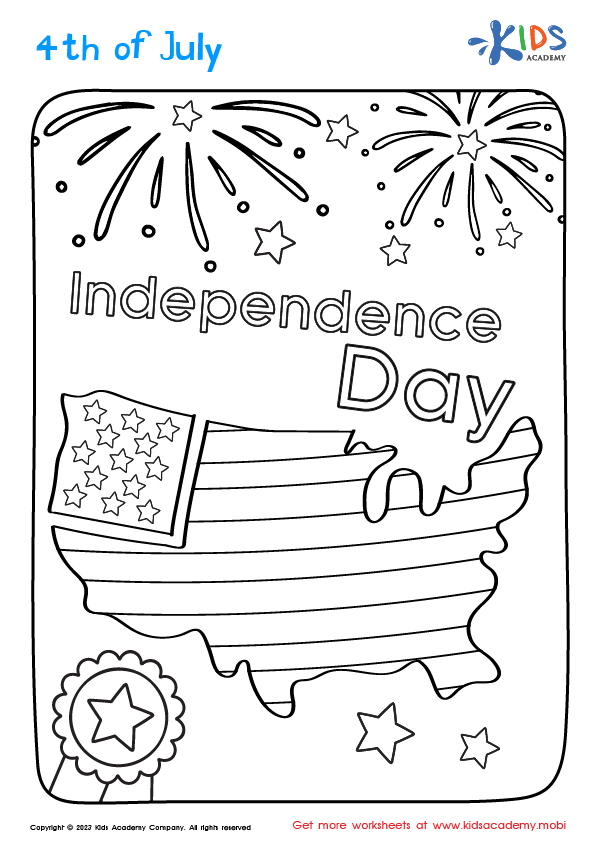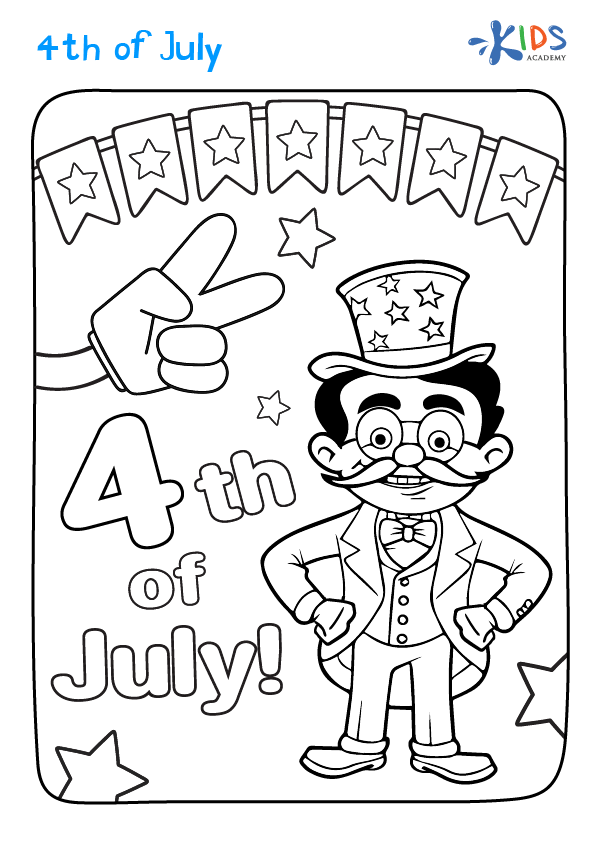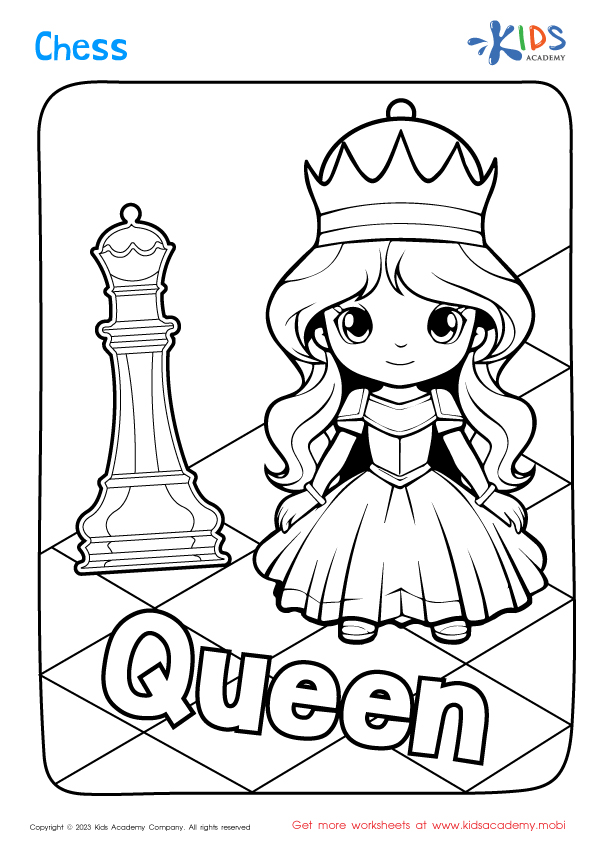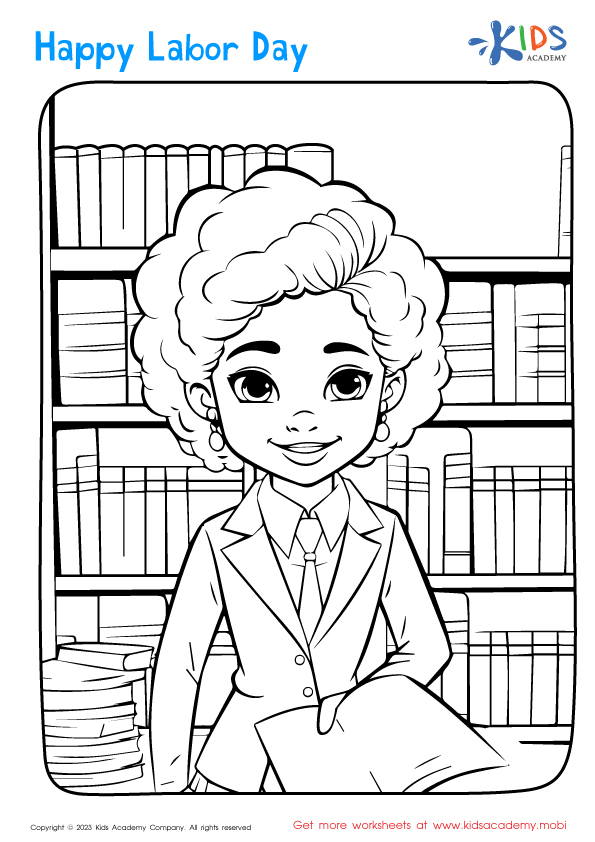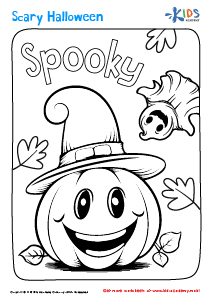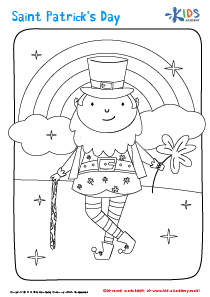Historical Knowledge Easy 4th of July Worksheets for Ages 6-9
4 filtered results
-
From - To
Unlock a fun and engaging way for children ages 6-9 to learn about the 4th of July with our Historical Knowledge Easy Worksheets! These printable worksheets, available from Kids Academy, feature coloring pages, simple activities, and interesting facts designed to teach kids about America's Independence Day. Easy to download and print, our worksheets make historical learning accessible and enjoyable, sparking curiosity and creativity. Incorporating these educational tools into your classroom or home will help children develop a foundational understanding of American history while having fun. Celebrate freedom and history with these kid-friendly resources!
Parents and teachers should care about historical knowledge, particularly regarding the Fourth of July, for children ages 6-9 because it helps foster a sense of identity and belonging. At this tender age, children are forming their understanding of the world and their place in it. Teaching them about Independence Day introduces fundamental values like freedom, democracy, and patriotism. These concepts are integral to fostering informed and responsible citizens.
Learning about the Fourth of July also develops critical thinking skills. Children explore why the holiday is celebrated, who was involved, and the historical consequences. Simplified stories about the American Revolution and the Founding Fathers capture young imaginations and ignite curiosity about history. Additionally, knowing the origins of the holiday enhances the value and context of celebrations, making them more meaningful.
Moreover, early exposure to history lays the groundwork for civic responsibility. Understanding the struggles and achievements of the past empowers children to appreciate their freedoms and the importance of participating in their communities. This knowledge cultivates empathy, respect for diversity, and a deeper understanding of the nation's cultural heritage.
Overall, teaching young children about the Fourth of July instills pride and a lasting appreciation for the principles on which their country was built.

